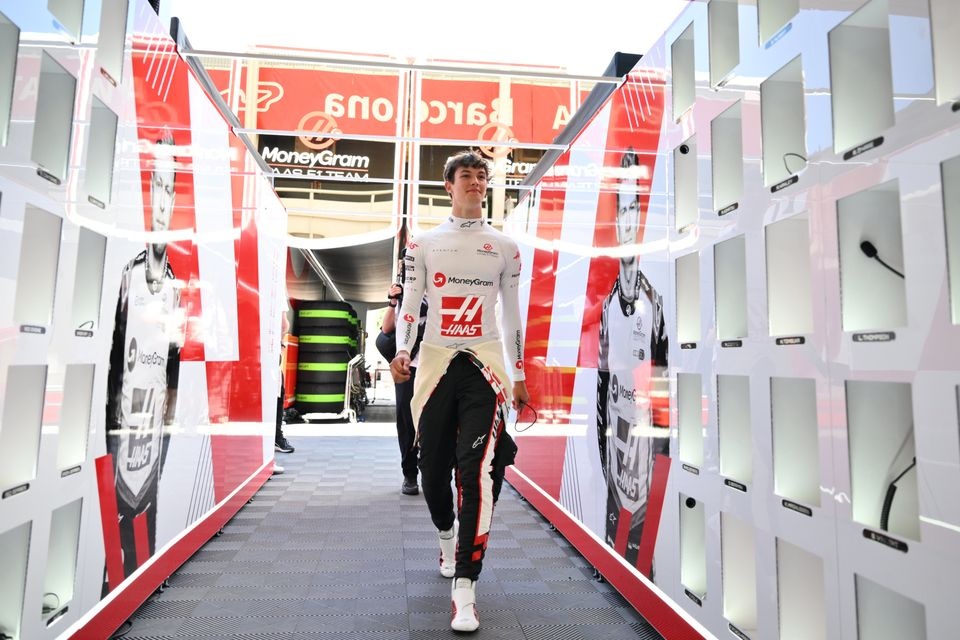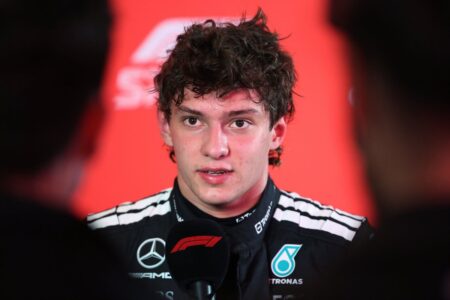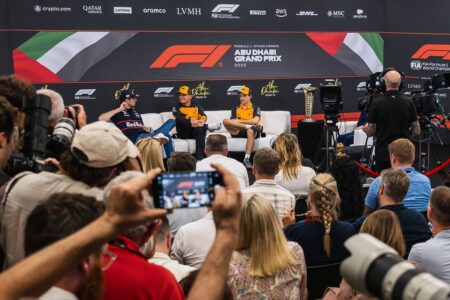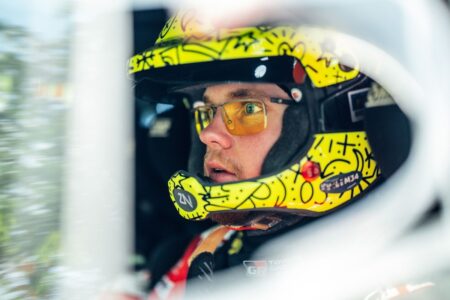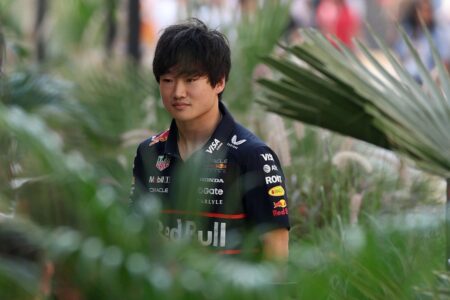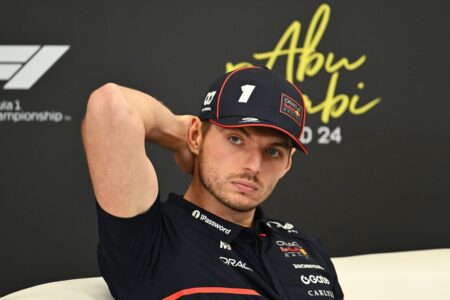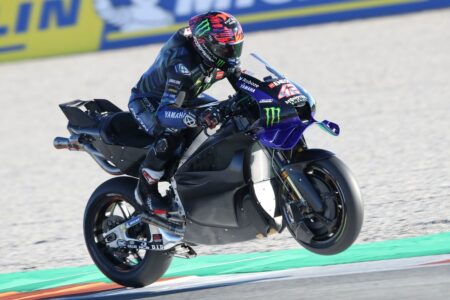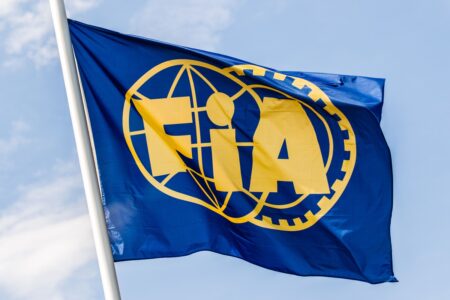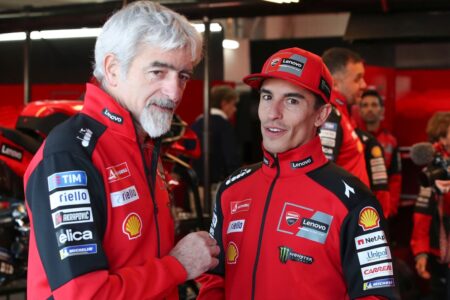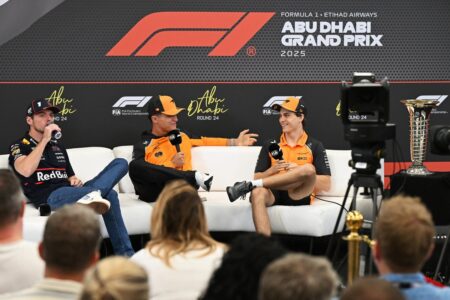A New Era in Formula 1: The Rookie Revival
Oliver Bearman, the 19-year-old British driver, is one of six rookies set to join the Formula 1 grid in 2025. This unexpected influx of new talent is a significant shift from the previous trend of favoring experienced drivers. Bearman, who made his debut with Ferrari in Jeddah after Carlos Sainz’s appendicitis, sees the presence of fellow rookies as a positive and supportive factor for his first full-time season with Haas. "I was meant to be a rookie, but for a few months, I was the only one on the grid. That’s a daunting prospect," Bearman said in an exclusive interview with Autosport. "Knowing there are other rookies is a bit comforting, just to know I’m not alone in this new challenge."
The Path to F1: From Ferrari Junior to Haas Driver
Bearman’s journey to F1 began with his impressive debut at the 2024 Jeddah Grand Prix, where he finished seventh. This performance opened doors for him and several other young drivers, demonstrating the potential and readiness of the next generation. Haas, recognizing Bearman’s potential after his first appearance in one of their F1 cars during the 2023 Mexican Grand Prix, decided to prepare him for a full-time role. Bearman’s status as a Ferrari junior also made him a more cost-effective option for the team, a factor that contributed to his selection. The financial savings on rookie salaries allowed Haas to invest in other areas, a strategy that other teams like Alpine and Sauber also adopted.
The Rise of the New Guard
The 2025 F1 grid is marked by an unprecedented number of rookies, including Red Bull’s Isack Hadjar and Liam Lawson, both part of the team’s junior driver program. While Lawson has already competed in 11 F1 races, complicating his rookie status, the influx of new talent is a testament to the shift in team strategies. Formerly, most teams in the midfield preferred experienced hands, but Bearman’s performance in Jeddah and the subsequent success of other young drivers have changed the landscape. Mercedes, for example, backed Andrea Kimi Antonelli to replace Hamilton, while McLaren followed suit with Oscar Piastri in 2023. This trend of youth and promise has injected a fresh dynamic into the sport.
Team Dynamics and the Future
For teams like Haas, the decision to run rookies is not just about immediate performance but also about long-term development. The static car design rules in 2025 provide a stable platform for rookies to bed in before the major chassis and engine regulation changes in 2026. This allows teams to focus on integrating their new drivers and building a strong foundation for future success. Bearman’s familiarity with his fellow rookies from their days in lower formula championships adds another layer of comfort and camaraderie. "I raced Jack in F2 in 2023, and I have a good relationship with Kimi, Gabriel, and Isack," Bearman said. "We’ve been team-mates and friends, and I’m really excited to share the track with them this year."
The Personal Touch: Reflections and Excitement
Bearman’s journey from a Ferrari junior to a Haas driver is a story of perseverance and talent. The young Brit’s early success and the positive reception from the F1 community have only bolstered his confidence. "It’s all coming together, and it’s really cool," he said, reflecting on the upcoming season. The presence of multiple rookies on the grid not only lessens the pressure on individual drivers but also creates a sense of unity and shared experience. This cohort of new talent is not just a group of competitors but a community of young drivers ready to make their mark on the sport.
Looking Forward: The Impact of the Rookie Class
The 2025 rookie class is poised to have a significant impact on the future of Formula 1. Their presence challenges the traditional hierarchy and introduces a fresh wave of talent and energy. For Bearman and his fellow rookies, the coming season is a blend of excitement and anticipation, a chance to prove themselves on the highest stage of motorsport. As they step into their new roles, the support and camaraderie among the rookies will be a vital factor in their success. The 2025 F1 season is set to be a memorable one, not just for the fans, but for the new generation of drivers ready to write their own chapters in the history of the sport.

